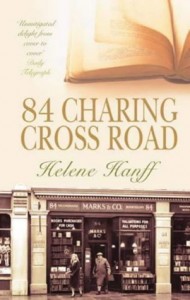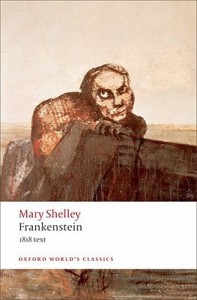 Title: Little Failure (Goodreads)
Title: Little Failure (Goodreads)
Author: Gary Shteyngart
Published: Random House, 2014
Pages: 400
Genres: Non-Fiction
My Copy: ARC from Edelweiss
Buy: Amazon, Book Depository, Kindle (or visit your local Indie bookstore)
Gary Shteyngart is best known for his prolific blurbing; they even did a documentary about it. Few people may know that when he isn’t blurbing books he hasn’t read, he has written a book or three. He has enjoyed critical acclaim from his three books, including winning the Stephen Crane Award for First Fiction, the National Jewish Book Award for Fiction and being named one of The New Yorker magazine’s “20 under 40” luminary fiction writers. He now tells the story of Gary Shteyngart, born to Jewish parents in Leningrad, USSR (that’s St. Petersburg, Russia for those too old or too young to know Leningrad) and migrated to America at seven.
As those that follow me on twitter will know, I’ve been a little obsessed with Gary Shteyngart as of late. This is mainly because I was excited to read his memoir Little Failure and also because I like his style. Granted I’ve only read one novel of his, Super Sad True Love Story but it remains in my top ten books of all time. Reading through Little Failure just reminded me what I liked about Gary Shteyngart. I rewatched all his book trailers (they are well worth checking out), and a whole heap of interviews. I even ordered the two books of his I was missing; The Russian Debutante’s Handbook and Absurdistan, which I plan to read this year. I might even re-read Super Sad True Love Story again as I have more to say about the book and the world.
Little Failure is a memoir that focuses mainly on Gary Shteyngart’s life as a Russian born immigrant living in America. This was during the time of the Cold War so we see the struggles he had to go through as a kid, even to the extent where pretending to be a German was a better option. Leningrad to Queens would have been a cultural shock and Gary Shteyngart lays himself bare when it comes to his struggles with his family and school. There are other parts, I felt were only brushed over; his relationships, wanting to be a writer, his marriage. I would have liked to know more about these things but maybe there is another memoir for him.
I was surprised to learn how much of Super Sad True Love Story was autobiographical. There was a lot of Gary in his character Lenny and knowing that his wife is Korean I wonder how similar to Eunice she is. I will be paying careful attention to his other novels; now that I know a lot more about his life, the context is very revealing. It makes me want to read biographies of some of my favourite authors and then re-read my favourite books to see what is similar. I know, I’ve come late to the whole ‘non-fiction’ party (I’ve blogged about my struggle with non-fiction) but I’m starting to get it.
If you’ve not read this author before, you need to remember he is satirist with a strong focus on culture, especially as an outsider. His Russian and Jewish culture plays a big part in his writing style; I’m a huge fan of Russian literature as well as satire, so it’s no wonder I enjoy his works. Shteyngart’s father always told Gary not to be a stereotypical Jewish writer, meaning not to be self-loathing. I never thought self-loathing was a Jewish trait, I always thought that was part of the formula for all good books. This is a trait of humanity and I personally love books with an internal struggle, it makes it feel so real. Not sure about this tangent but I think it speaks to the style and what to expect from Shteyngart, his novels and this memoir.
I really enjoyed learning about this author and I can’t wait to read his other books. So keep a look out for a review of The Russian Debutante’s Handbook and Absurdistan in the coming year. You might even get another review of Super Sad True Love Story. I hope Shteyngart writes another memoir later about his life as a husband and a writer, I would be interested to know about that part of his life. This was an entertaining and funny memoir about Jewish/Russian/American life as a child; well worth reading.

 Title: 84 Charing Cross Road (
Title: 84 Charing Cross Road ( Title: The Sign of Four (
Title: The Sign of Four ( Title: The Echo (
Title: The Echo ( Title: And Then They Were None (
Title: And Then They Were None ( Title: Frankenstein (1818 Edition) (
Title: Frankenstein (1818 Edition) ( Title: Scare Me (
Title: Scare Me ( Title: Maddaddam (
Title: Maddaddam ( Title: Under a Silent Moon (
Title: Under a Silent Moon ( Title: Careless People (
Title: Careless People (